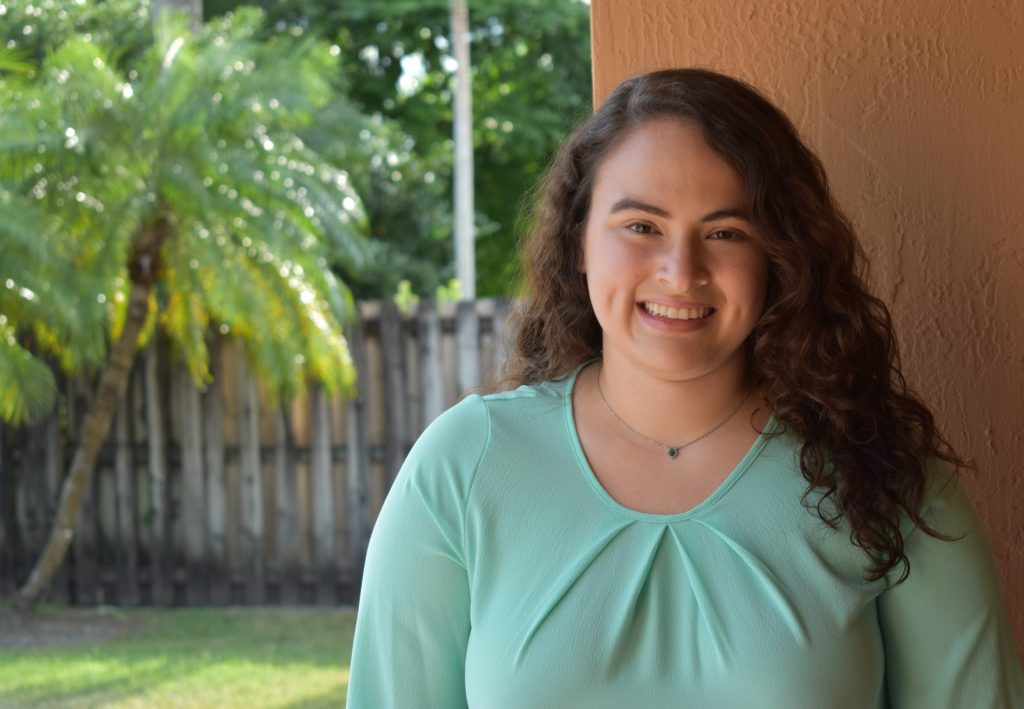Aly Diaz is a rising Senior at Duke University studying Public Policy and History. She speaks English, Italian, Spanish, and hopes to become polylingual. She is passionate about increasing traditionally underrepresented communities’ access and ability to influence public policy. One day she hopes to pursue her passion by attending law school and earning a master’s degree in public policy. Aly is the Vice President of Durham and Regional Affairs for Duke Student Government, where she works to increase student involvement with the local community and provide opportunities for local high school students to attend the University. Additionally, she is the National Chair of Define American, a storytelling organization that attempts to change the narrative of immigrants in the US. She has engaged in organizing “know your rights” training, undocumented awareness week, lobbying at national and local levels, and creating a media platform to share stories of ALL immigrants. Aly worked at a non-profit, Student Action with Farmworkers, to empower farmworker youth to speak up for their parents who may be facing poor working conditions, and to attend college despite the hardships they may face.
Honors Thesis:
‘Feminicidio’ Media Framing of Ciudad Juárez Feminicidios
Faculty Advisor: Professor Jocelyn Olcott
Abstract: The media plays a crucial role in preventing or perpetuating the use of violence against women. Because media frames can illustrate whether something is considered a social problem and how social norms define the problem, the media may influence societal attitudes towards violence against women (McCombs, 2004; D’Angelo and Kuypers, 2010). This thesis will investigate whether local media sources recognize feminicidio as a phenomenon in Ciudad Juárez and how they portray feminicidio between 2001 and 2005. The close differential between articles that recognize and do not recognize feminicidio reflects the debate amongst Juarenzes about feminicidio as a distinct phenomenon. Likewise, the dominant frames in this dataset, the government impunity frame, and narrative of crime frame, demonstrate that from inside Ciudad Juárez, feminicidio is seen as an issue of government incompetence.

